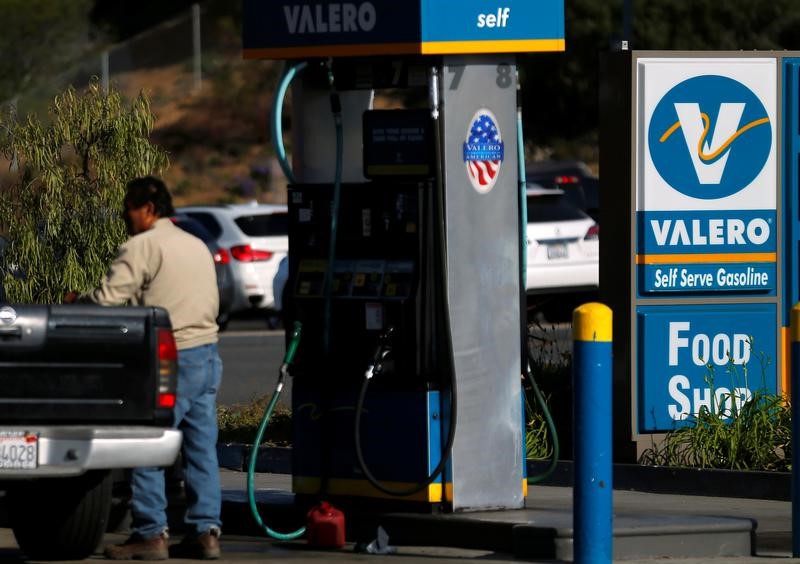WASHINGTON, June 14 (Reuters) - U.S. consumer prices unexpectedly fell in May as the cost of gasoline and a range other goods declined, pointing to a moderation in inflation pressures that could impact on further interest rate increases this year.
The Labor Department said on Wednesday its Consumer Price Index dipped 0.1 percent last month after rising 0.2 percent in April. The second drop in the CPI in three months could worry Federal Reserve officials, who have previously viewed the weakness in inflation as transitory.
While the U.S. central bank is expected to raise interest rates by 25 basis points at the end of two-day meeting later on
Wednesday, weak inflation, if sustained, could put further monetary tightening this year in jeopardy.
The Fed has a 2 percent inflation target and tracks an inflation measure which is currently at 1.5 percent. In the 12 months through May, the CPI increased 1.9 percent.
That was the smallest increase since last November and followed a 2.2 percent gain in April. The year-on-year gain in the CPI was still larger than the 1.6 percent average annual increase over the past 10 years.
Economists polled by Reuters had forecast the CPI unchanged last month and advancing 2.0 percent from a year ago. The so-called core CPI, which strips out food and energy costs, edged up 0.1 percent last month after a similar gain in April. The monthly core CPI was restrained by decreases in the prices of apparel, airline fares, communication and medical care services.
The core CPI increased 1.7 percent year-on-year, the smallest rise since May 2015, after advancing 1.9 percent in April. May's increase was just below the 1.8 percent average annual increase over the past decade.
Last month, rental costs increased 0.3 percent, matching April's gain. Owners' equivalent rent of primary residence advanced 0.2 percent after a similar increase in April.
Gasoline prices tumbled 6.4 percent, the largest drop since February 2016, after jumping 1.2 percent in April. Food prices rose for a fifth straight month.
